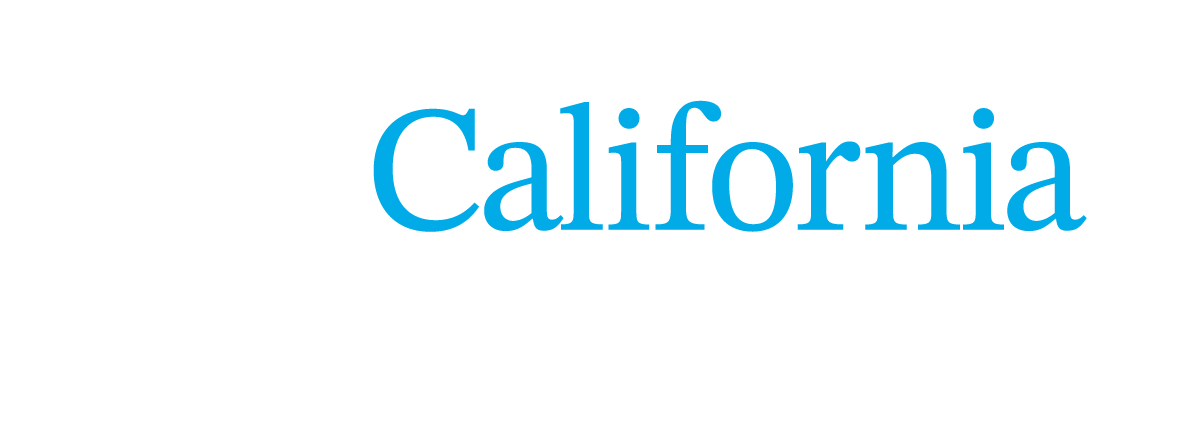Fast-Food Minimum Wage
Assembly Bill AB 1228
As a valued CalChamber member/customer, we want to make sure you have current, actionable information.
Per Assembly Bill AB 1228, the fast food minimum wage became effective April 1, 2024, which means:
- The minimum wage for covered “fast food restaurant employees” increased to $20/hour on April 1, 2024.
- Also beginning April 1, employers covered by the fast-food minimum wage must post the supplemental fast food minimum wage notice (available below from CalChamber in English, Spanish and Simplified Chinese).
- The Labor Commissioner’s FAQs identify who is covered under the law, along with additional criteria and exemptions for fast food restaurants.
Frequently Asked Questions
Click on each question below to view the answer.
Q: What is the new law that raises the minimum wage for fast food employees?
AB 1228 is a new law in California, which added sections 1474, 1475, and 1476 to the Labor Code and does two main things. First, it increases the minimum wage for “fast food restaurant employees.” Second, it establishes a Fast Food Council, which is empowered both to make future increases to the minimum wage and to adopt other minimum employment standards for fast food restaurants.
Q: Which fast food restaurants are covered by the new law?
AB 1228 applies to food restaurants that are part of a fast food chain consisting of more than 60 establishments nationally that:
• Share a common brand, or that are characterized by standardized options for decor, marketing, packaging, products, and services; and
• Primarily provide food and beverages for immediate consumption on or off premises where patrons generally order or select items and pay before consuming, with limited or no table service.
It doesn't apply to an establishment that, as of September 15, 2023, operates a bakery that produces for sale on the establishment's premises bread that is sold as a stand-alone menu item, so long as it continues to operate such a bakery.
On March 25, 2024, California enacted Assembly Bill 610, adding exceptions for a wide array of restaurants that operate in conjunction with larger enterprises, including restaurants:
• Located in an airport.
• Connected to or operated in conjunction with:
o Hotels; Events centers, Theme parks, Public or private museums and Gambling establishments.
• Located on a corporate campus, primarily serving employees and subject to a concession or food service contract.
• Located on certain public lands owned by the state, city or county.
Q: When does the minimum wage increase in AB 1228 take effect?
Starting April 1, 2024, all “fast food restaurant employees” who are covered by the new law must be paid at least $20.00 per hour.
Q: Does an employer covered by the new law have to post a new minimum wage or Industrial Welfare Commissioner Order?
Yes. A supplement to the minimum wage order must be posted by employers covered by the fast food minimum wage.
Q: Can an employer increase the amount of meal or lodging credits that count toward the minimum wage under the Industrial Welfare Commission Orders?
No. AB 1228 did not authorize additional credits to the minimum wage. A fast food employer may only credit the amounts allowed by the statewide minimum wage.
Q: Can a city or county pass a fast-food minimum wage law that sets a higher wage for only fast food restaurant employees?
No, a city or county cannot pass an ordinance setting a higher minimum wage only for fast food restaurant employees covered by this law.
However, a city or county can set a higher general minimum wage for all employees that would apply to employees covered by this law. For example, a local government minimum wage law could require all employees in the city be paid more than the current fast food employees’ minimum wage. The fast food restaurant establishment then must pay the higher local minimum wage.
A local government can also set a higher minimum wage that is specific to a particular group of employees so long as it does not include fast food employees.






